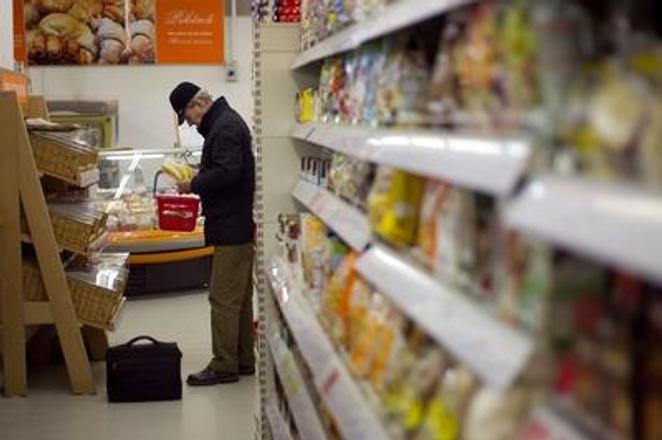The Alliance of Modern Commerce (SAMO), a group that includes chains like Billa, Kaufland, Lidl, Tesco and Metro organised the press conference on the issue on April 17.
“The aim of the SAMO is to open public debate on the issue of how to more effectively deal with food which could serve people instead of ending in bins,” SAMO’s head Katarína Fašiangová told the press.
The measure would apply to the food which does not lose its quality and is proper for consuming even after the minimum durability date such as rice, coffee, tea, pasta and so on, according to Fašiangová.
Currently, every food packaging contains the expiration date or the date of minimum durability. Up to 18 percent of Europeans however do not differentiate these dates and throw away also food they can still use. If EU advice is accepted every household would save some EUR500, according to SAMO.
The Agriculture Ministry, however, claims that it prefers the strict protection of the consumer at the expense of fighting with food waste.
“It doesn’t recommend selling or consummation of food after the date of minimum durability expires,” said the ministry’s press department, as quoted by Sme. “Currently minimum durability dates are set on same level as expiration dates.”
Many European countries deal with the problem by allowing shops to sell or give such food to charity under strict conditions. Slovakia, on the other hand, orders sellers to liquidate it and if an inspection finds such food at a store, sellers have to pay high fines.
“This is a global problem which means that it is also our problem,” Fašiangová told the press. “The situation is even more serious here [in Slovakia] because formal and informal rules suggest [people] to waste food.”



 (source: Sme )
(source: Sme )